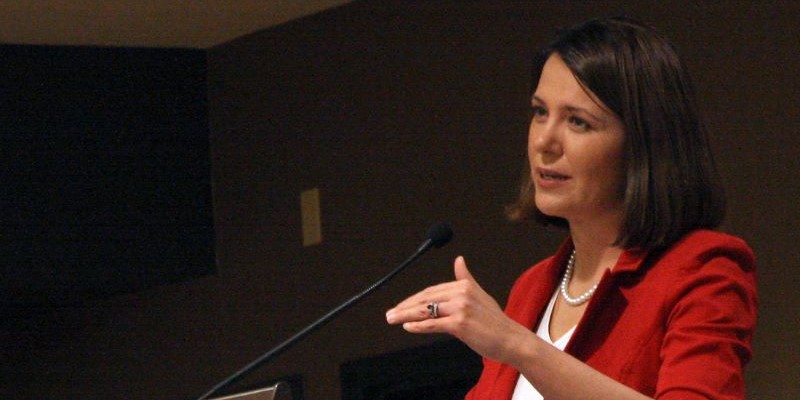Alberta opts for federal health-care dollars over meaningful reforms

After joining forces with Canada’s other premiers to collectively demand more health-care dollars from Ottawa, Alberta Premier Danielle Smith signed a bilateral agreement with Ottawa for “shared health priorities.” For someone who just last year asked the federal government to “butt out” of provincial jurisdiction while emphasizing the need for structural health-care reform, Smith sure seems willing to roll out the welcome mat for Ottawa. And now, as her government cranks up program spending relative to her predecessor’s plans, Smith is touting a “record-high health-care investment” with $24.5 billion in operational health-care spending in 2023/24—that’s $1.4 billion higher than her own government’s plan just a few months ago.
Historically speaking, Alberta is no slouch when it comes to health-care spending. Before the pandemic, the province had the second-most expensive provincial health-care system in Canada on a per-person basis. And while Alberta ranked lower than the Canadian average on this measure by 2022, Canada itself routinely ranks among the most expensive universal health-care systems in the world. In other words, Alberta is a middle-of-the-pack spender in a very expensive universal health-care country—and Smith’s recent announcements ensure Alberta will continue its high spending.
Moreover, Alberta expects to receive more than $6 billion from Ottawa via the Canada Health Transfer in 2023/24. This amounts to about one quarter of the province’s total operational health-care spending. The premier is well acquainted with the potential downsides of relying on the federal government for such a large chunk of its health-care budget. Specifically, due to the Canada Health Act (CHA), these transfers are subject to a number of conditions that can be selectively used by the federal government to stall necessary reforms that could improve health care in Alberta. So, when the amount of money Alberta relies on from Ottawa increases, so too does the sway Ottawa has over health care in Alberta.
Again, this is particularly problematic for Premier Smith who has repeatedly stressed the importance of structural health-care reforms that could potentially incur the wrath of Ottawa. Indeed, just a few weeks after the Smith government signed Ottawa’s bilateral agreement, the Trudeau government announced a $13.7 million penalty on Alberta for perceived infractions (charges for diagnostic services) that took place before Smith became premier.
To be fair, Premier Smith has made good on some of her commitments to continue the expansion of collaboration with the private sector for the delivery of some public surgeries, and focused spending in critical areas such as emergency services and increased health staffing. However, given her renewed commitment to rely on Ottawa for health-care dollars, further reform—particularly bold reforms she contemplated as recently as 2021 that would clearly contravene the CHA—will be difficult unless the premier is prepared to incur further penalties.
Despite the bluster of protecting Alberta’s “sovereignty,” Premier Smith has largely opted to follow the same failed approach taken by many of her predecessors; rollback the reform rhetoric, crank up health-care spending, and blame Ottawa for any problems.
Authors:
Subscribe to the Fraser Institute
Get the latest news from the Fraser Institute on the latest research studies, news and events.


